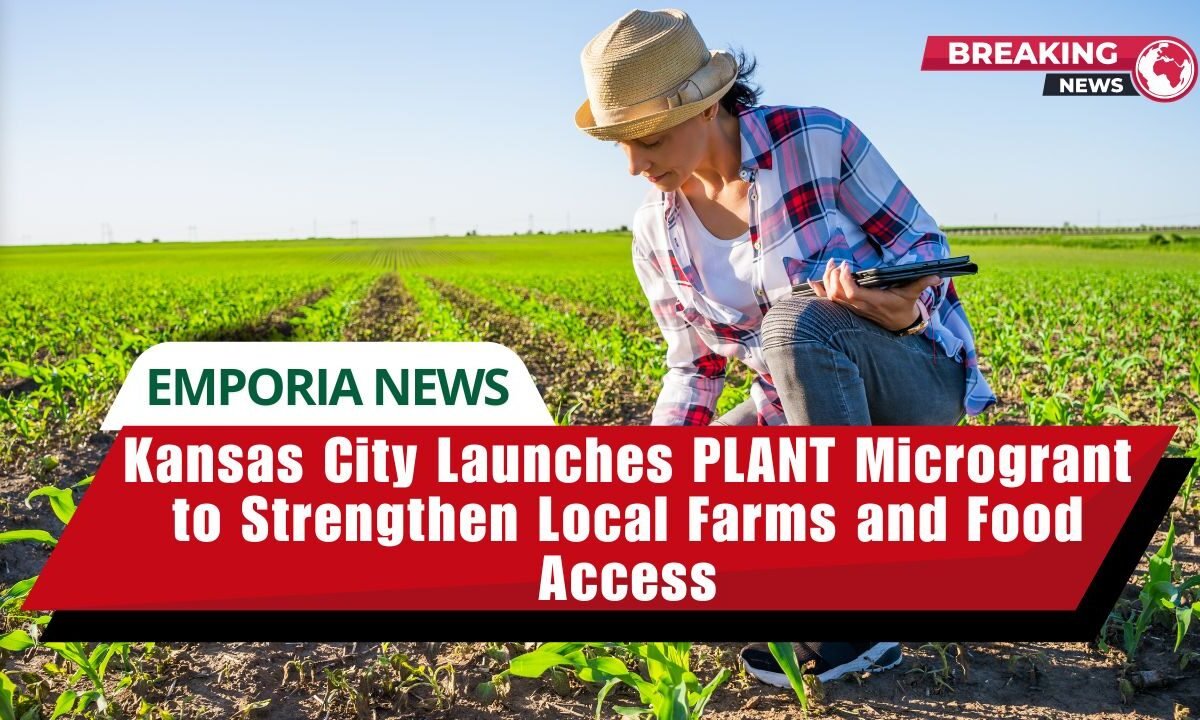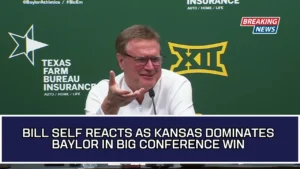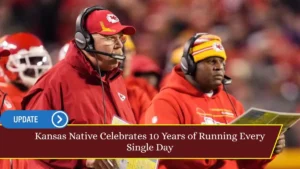In 2025, Kansas City, Missouri, introduced a new initiative called the PLANT Microgrant Program—short for Promoting Local Agriculture and Neighborhood Transformation—to support local farms and gardens working to provide fresh, affordable food to area residents.
The program offers financial assistance to both new and established growers, helping them build resilience and meet growing food demands.
Empowering Urban Farmers Through Targeted Grants
Local farmer Jason Copling has been cultivating produce at George Washington Carver Urban Farm for five years, turning a once-barren lot filled with gravel into fertile ground.
By breaking down wood chips and building a man-made pond for irrigation, he now grows a wide range of produce—including cabbage, beans, tomatoes, peppers, squash, beets, and fruit varieties.
His farm participates in Community Supported Agriculture (CSA), where community members buy shares in the farm at the beginning of the season in exchange for weekly boxes of fresh vegetables. Copling also sells produce directly to restaurants and farmers markets.
Despite the progress, maintaining operations remains financially challenging.
“Your whole budget gets eaten up with just maintenance,” Copling said. “It’s hard to grow or improve without outside help.”
How the PLANT Microgrant Works
The PLANT Microgrant was created to address these financial barriers and invest directly in Kansas City’s food system. The city will provide:
- Up to $5,000 for start-up farms
- Up to $10,000 for established farms (in operation for at least two years)
Applicants must demonstrate how their work improves access to local food and clearly outline how the grant funds will be used. All funded projects will be monitored three times annually, including an on-site visit by the city’s food systems coordinator and urban agriculture concierge.
A Climate-Driven, Community-Focused Solution
According to Jensen Adams, the city’s Chief Environmental Officer, the grant was inspired by the city’s Climate Protection and Resilience Plan, adopted in 2022.
The program also benefits from $150,000 in city funding, secured by Councilwoman Melissa Patterson Hazley.
“We’re seeing more extreme weather, rising food costs, and supply chain disruptions,” Adams explained. “The PLANT grant is part of our response—to build a local food network that can withstand these challenges.”
Nonprofits Applaud Timely Support
Cultivate KC, a local nonprofit that helped design the program, emphasized that the grant comes at a critical time. As federal agricultural funding faces freezes and cuts, local farmers are experiencing increased costs across the board.
“Land, supplies, and equipment are all getting more expensive,” said Ami Freeberg, Cultivate KC’s director of strategy. “But you can’t pass those costs onto consumers, so grants like PLANT are crucial.”
Freeberg added that the urgency to invest in regional food systems gained momentum during the COVID-19 pandemic, when empty grocery store shelves highlighted the fragility of national supply chains.
Health and Environmental Benefits Go Hand in Hand
Beyond economic relief, Freeberg stressed the importance of local agriculture for public health. Supporting urban farms increases community access to fresh, nutritious food, which plays a vital role in addressing both health equity and food insecurity.
Looking Ahead: Filling Empty Lots with Opportunity
Back at George Washington Carver Urban Farm, Jason Copling is optimistic about the future. He plans to apply for the PLANT grant and hopes it will help transform more unused urban spaces into productive farmland.
“Maybe we’re turning a corner,” Copling said. “These grants could change everything.”
Kansas City’s PLANT Microgrant Program represents a forward-thinking investment in local agriculture, community health, and climate resilience.
By empowering urban farmers and supporting food equity, the city is laying the foundation for a more sustainable, self-reliant food system—one garden at a time.




